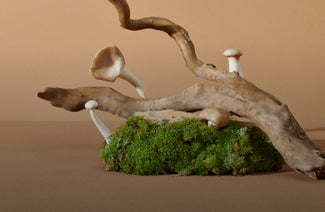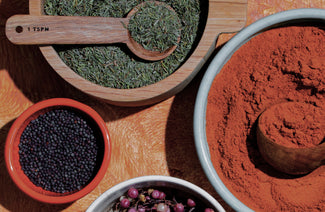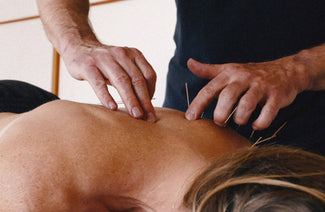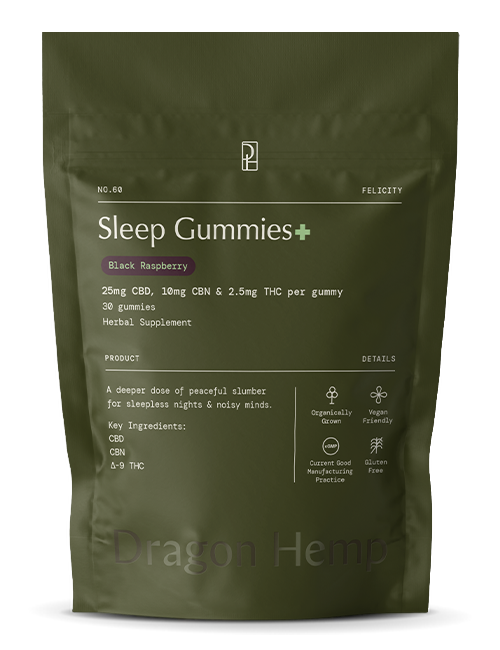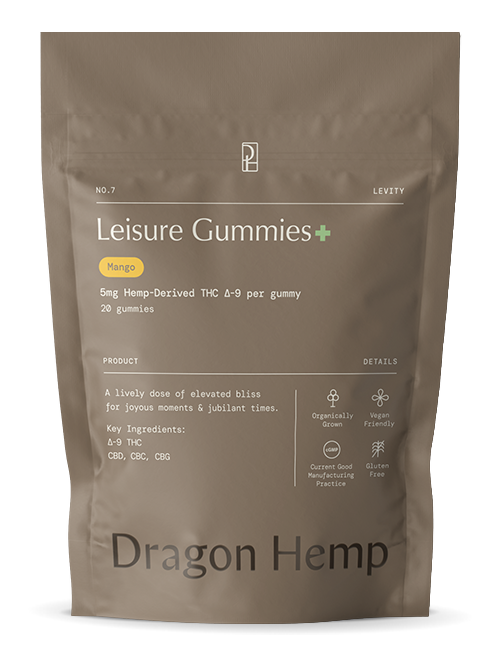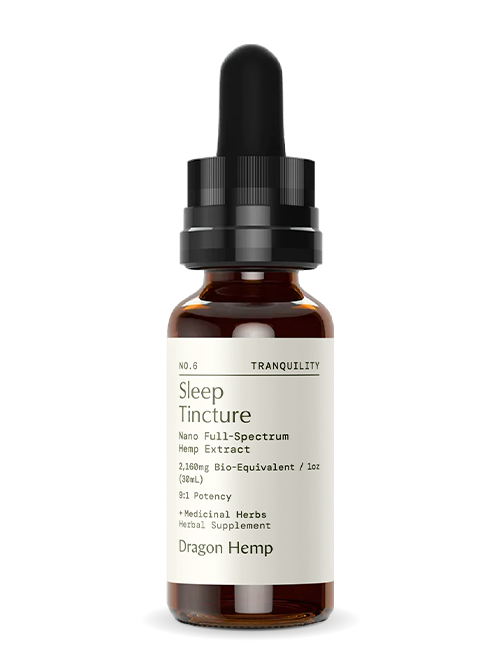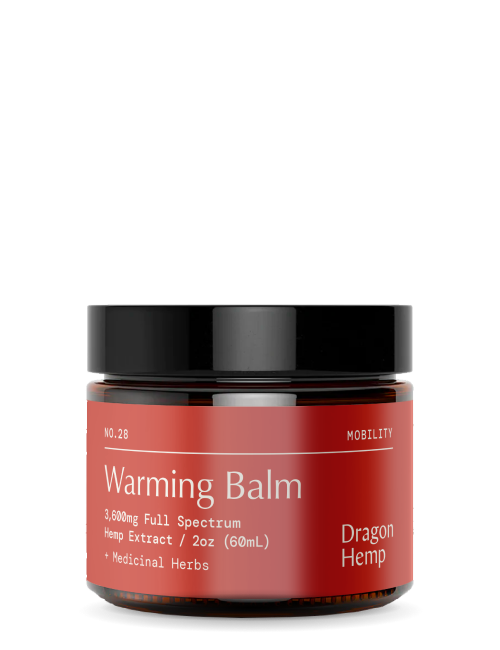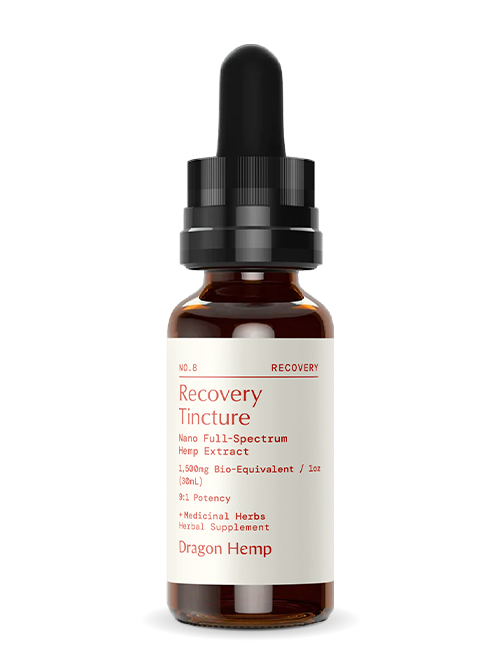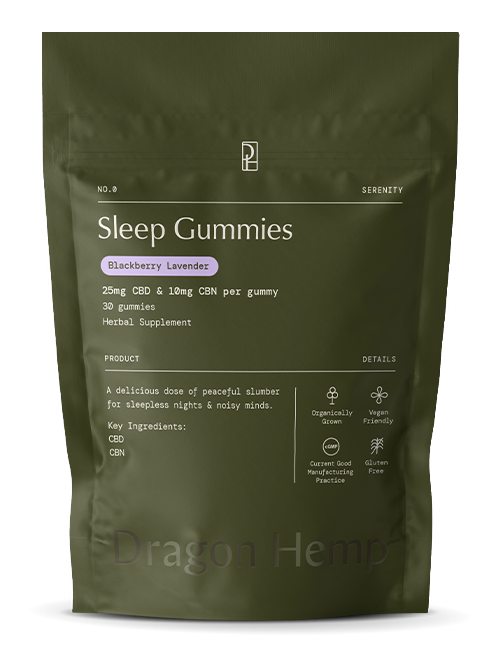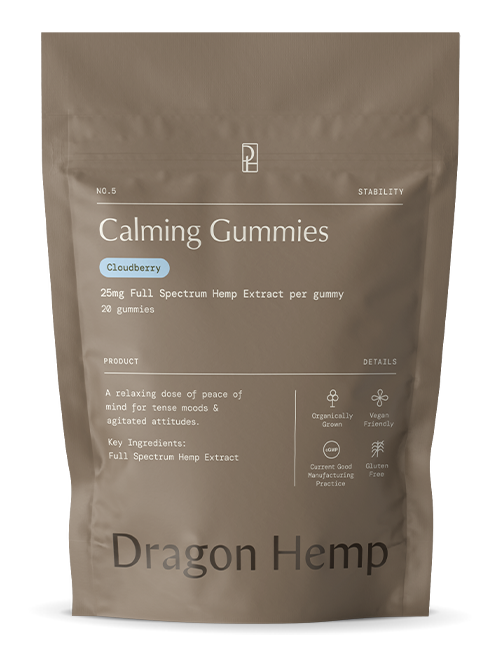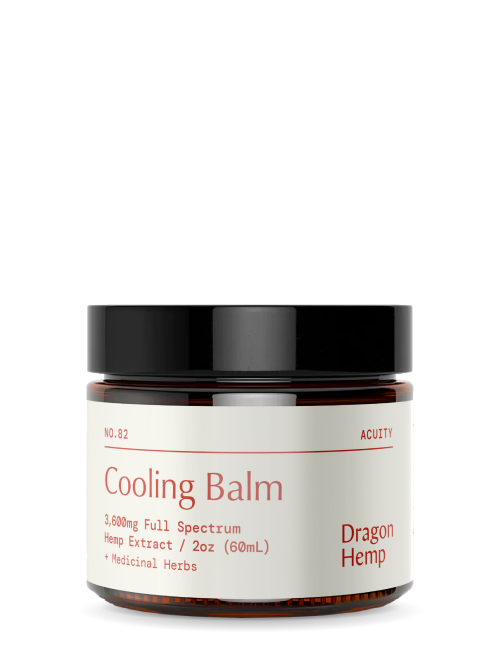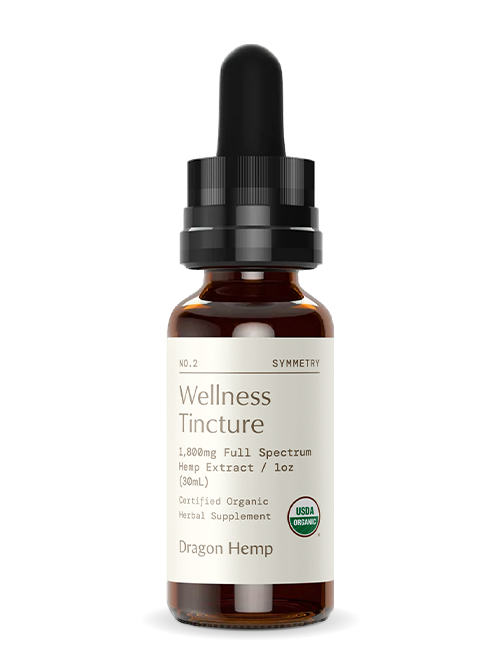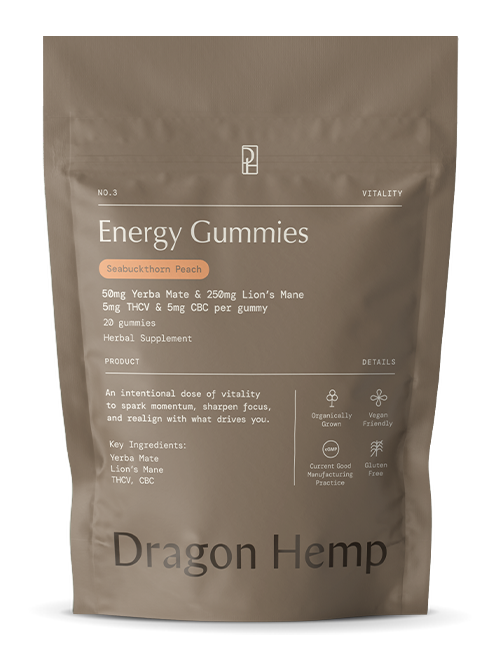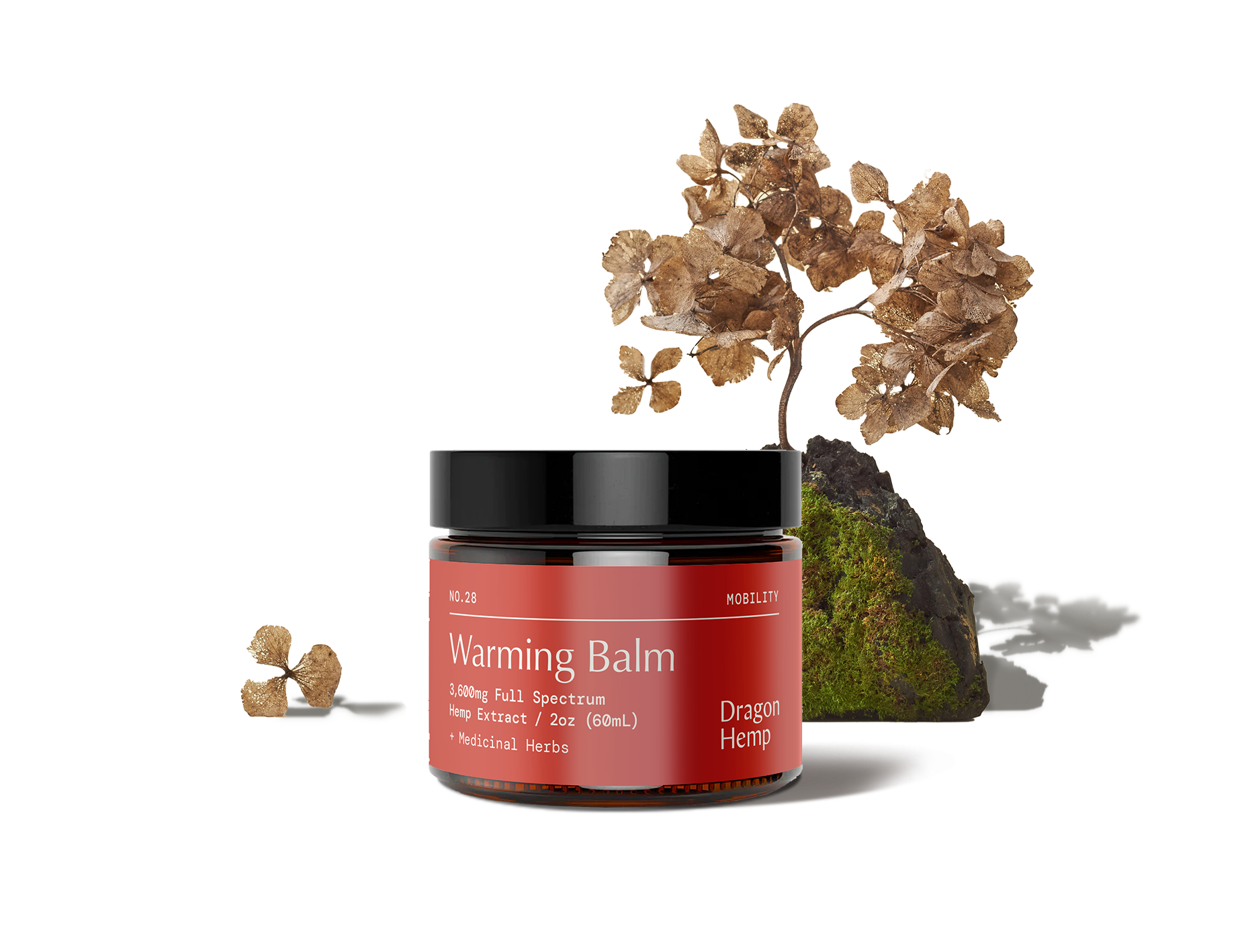
How Long Do Chinese Herbs Take to Work?
In the old days, before modern science and technology, humanity turned to plants and herbs to address its health concerns. They were integral to traditional folk medical systems, be it India's Ayurveda or China's TCM.
Some of these ancient medical approaches have passed through generations and are still practiced today. Indeed, TCM techniques like acupuncture, physical exercise (e.g., Tai Chi) and herbal medicines are standard features in modern-day healthcare practices.
For most people, however, the issue is whether these ancient approaches work. Perhaps it is because traditional techniques are largely abstract as opposed to conventional medical systems, which are scientific. Take TCM, for example. Many people do not easily understand the concept of yin-yang. But it is one of the theoretical pillars of TCM.
The same applies to Ayurveda. Its practices are based on conceptual principles like the "Five Basic Elements" and how these contribute to creating, maintaining, and destroying body tissues.
So, mostly it is not so much about how long Chinese herbs take to work but also if and how they will work for your specific condition. However, you can take heart that some of these herbs have been used for thousands of years. That they have remained relevant to this day says something about their efficacy in promoting health and wellness.
Key takeaways
- Chinese herbs have been used to treat various diseases and illnesses for millennia.
- They work by restoring mind and body balance, creating an internal environment that is unconducive for illnesses.
- Eastern medicine seeks to offer root-level solutions to health problems.
- The efficacy of Chinese herbs is still debatable, but a growing body of research provides encouraging results.
- Chinese herbs take time to work – weeks or even months, depending on the severity of a condition.
- They are generally safe with minimal side effects.
History of Chinese herbs
Traditional Chinese medicine (TCM) is a set of medical practices whose usage dates back thousands of years in China. History has it that some Chinese emperors played a role in its development, particularly by integrating herbal use.
For this reason, herbals are one of the pillars of TCM, the others being acupuncture, physical exercise, moxibustion, and dietary therapy. These approaches were used together to achieve mind and body balance, prevent disease and optimize health.
Even though vegetables constitute the majority of Chinese herbs, mushrooms, and animal parts were also used. Mushrooms like cordyceps, shiitake, and Turkey tail, to name a few, have a long medical use history in Eastern Asia and are among the most-researched and respected medicinal mushrooms in TCM.
Speaking of Chinese herbs, a name worth mentioning is Shen Nung. Widely regarded as the Father of Chinese Medicine, Shen Nung is credited with discovering the medicinal properties of over 300 different plant varieties. Using his own body as a lab, he tested the effects of these herbs and, in so doing, discovered which ones treated particular bodily disorders.
He also discovered that mixing certain plants accentuated specific effects. Altogether, Shen Nung is believed to have developed some 113 different prescriptions, many of which are still used today.
Eastern vs western medicine
The overall goal of both medical systems is to support health and wellness. However, they use different approaches to achieve this objective.
Eastern medicine, to which TCM belongs, focuses on restoring and promoting mental and bodily balance to weed out causes of pain, disease, and imbalance. It is based on conceptual frameworks like yin-yang, Qi, and the "Five Basic Elements" and understands disease and illness from these standpoints.
Eastern medicine often integrates more than one approach, and that is because another of its core principles is synergism. It adopts a more holistic approach, constantly trying to treat symptoms as well as their root causes. As such, Eastern medicine takes a much broader look at disease etiology, factoring things like pattern diagnosis, emotional well-being, and body constitution.
This is why Chinese medicine is individualized. The same illness can be treated differently depending on the factors discussed above. So, what works for one person might not work for another.
On the other hand, western medicine focuses on blocking or activating the physiological processes that trigger the symptoms of illnesses and diseases. It tends to adopt a one-size-fits-all approach where a specific protocol is used to cure a particular disease.
For example, for pain, western medicine attempts to block off the transmission of pain signals. This can either be by inhibiting the action of COX enzymes which facilitate the production of prostaglandins. In effect, the pain is still there, but the medication reduces your pain threshold, so you don't feel it.
So, whether western medicine provides stop-gap measures to health problems is, obviously, debatable. But by seeking to offer root-level solutions rather than symptom cover, many argue that Eastern medicine is more holistic.
How do Chinese herbs work?
Chinese herbs work on the principle that everyone is unique. And so, two people might have the same illness, but their symptoms cannot precisely be similar. This takes us back to the matter of body constitution.
Your body's constitution is like an environment – it is hospitable to certain diseases and not others. Think of the many different kinds of habitats we have around us. For example, not many plants can grow in the desert, no matter how much fertilizer you use.
Our constitution makes our bodies behave in the same way. If, for example, you are prone to infections, pumping your body with antibiotics will not help much. In such a context, Chinese herbs work by altering the internal environment to make it inhospitable to bacteria.
For this reason, the herbs must be personalized according to the body's constitution. For example, cinnamon and mint are both antibacterial herbs. However, how well they work for a person depends on their body constitution.
Cinnamon is hot, while mint is cold. So, the former is ideal for persons with yang-deficient constitutions (averse to cold). Conversely, mint would work well for damp heat or yin-deficient conditions (hot and dry).
Do Chinese herbs really work?
This is the million-dollar question that most people trying Chinese medicine for the first time usually ask themselves.
Well, the longevity of these herbs in TCM is a positive sign of their effectiveness. That aside, a growing body of studies suggests that Chinese herbs may work.
For example, a 2022 double-blind study showed that a Chinese herbal formula—Songling Xuemaikang capsule—effectively lowered blood pressure in patients with hypertension. Moreover, it was well-tolerated by the participants.
Similarly, in the wake of the deadly coronavirus epidemic, there are reports that "TCM played a crucial role in stopping the pandemic."
For example, a 2022 review of the clinical effectiveness of TCM in treating COVID-19 symptoms determined that "TCM combined with conventional treatment was more effective than pure conventional treatments in many aspects."
Some of the Chinese herbal formulae used in hospitals in China during the pandemic were Jinhua Qinggan granules, Huashi Baidu formula, Lianhua Qingwen capsule, Xuanfei Baidu formula, and Qingfei Paidu decoction. What's more, further analysis found "strong clinical evidence for the efficacy of TCM medicinal formulae."
While such findings are encouraging, other studies have found little evidence that Chinese herbs actually work.
For example, a 2021 study published in Evidence-Based Complementary and Alternative Medicine concluded that there was "moderate to low-quality evidence that Chinese herbal medicine was an effective adjunct treatment for patients with chronic obstructive pulmonary disease."
Overall, Chinese herbs have been studied for medical problems like mental disorders, stroke, heart disease, and respiratory diseases. The results have largely been mixed mainly due to the quality of the studies. As a result, it has not been possible to make any firm conclusions about their effectiveness.
Be that as it may, Chinese herbs can promote homeostasis and create a stable internal environment. This makes it harder for diseases like bacterial infections and inflammation to develop.
How long until you feel the benefits of taking Chinese herbs?
This depends on the severity of a health condition. The effects of Chinese herbs can be felt within several hours, mainly for acute conditions. However, for chronic illnesses, the benefits should be felt within 2 – 3 weeks.
Although some chronic conditions might require long-term use, signs that the herbs are working should be visible early during treatment. Generally, Chinese herbs take time to build up in your system to levels sufficient to induce healing and other benefits. So, patience is a requirement here.
Different methods for taking Chinese herbs
Chinese herbals come in different forms. These forms largely dictate how to take them and include:
- Powder
- Raw herbs
- Tinctures
- Capsules
- Black pills
- Tablets
Tablets and capsules are tailor-made prescriptions for treating specific health conditions. Therefore, they cannot be modified to match a patient's exact health needs.
Note: Chinese herbs in capsules or pills are weaker than conventional medicines. So, they are typically taken in larger quantities for longer periods for them to work. For example, if you are taking capsules, you may need up to 30 pills a day for several days before the effects are visible.
If the Chinese herb is in powder form, you can simply boil the recommended amount. The mixture should be taken in one go.
Dried or raw herbs are usually taken as herbal teas. Cook the leaves, bark, seeds, or roots in a pot for the required time. Drain in a cup, let cool, then drink. This traditional method has certain drawbacks, such as a leftover odor in the house.
What are the benefits of patent pills vs granules?
Patent pills are less powerful pre-designed formulae for treating various conditions. They are generally easy to use and have a gentle taste. In most cases, pills are used to consolidate the therapeutic gains made after treatment with granules.
This implies that granules are the more effective of the two. Moreover, they are easily modifiable to address specific health complaints.
Are Chinese herbs safe?
Yes. Concentrated and processed herbs undergo stringent quality control measures such as screening for heavy metals and pesticide residues, quality checks, and identification.
A major safety measure in Eastern and Western medicine is liver and kidney function. These organs help the body eradicate toxic substances. Fortunately, a TCM practitioner observed that in a 7-year study, no lab result showed liver or kidney problems. Only 5 out of 333 patients in the study complained of mild dyspnea (shortness of breath).
Moreover, TCM practitioners review their patients faster than their Western medicine counterparts. This increases safety because the formulae are adjusted as soon as adverse symptoms occur.
Since these herbs have been used for thousands of years, herbalists have worked out the safe ones. Moreover, there are regulatory frameworks to determine whether Chinese herbs are safe based on empirical evidence.
Do Chinese herbs have side effects?
No. Chinese herbs typically have very low toxicity compared to western medicines. When prescribed correctly, the chances of getting adverse reactions are almost zero.
Stomach upset is possible if you take Chinese herbs on an empty stomach. For this reason, taking these herbs an hour or two after a meal is advisable.
Why CBD with Chinese herbs make a wellness duo
CBD has gained significant traction in health and wellness circles thanks to its much-vaunted health benefits. From relieving pain and inflammation to reducing anxiety and even enhancing sleep quality, CBD is a panacea of sorts.
So, combining CBD and Chinese herbs is truly avant-garde. With both having excellent health benefits, pairing them together in our natural supplements brings out the best in them.
Dragon Hemp is a leading wellness brand specializing in combining hemp CBD and Chinese herbs. Its revolutionary products are designed to perform wide-ranging health functions. For instance, our Focus Gummies pair THCV and Lion's Mane extracts to help boost cognitive functioning.
Others like these Reach capsules are formulated to rev up your engine and power you through any activity. Made with premium CBD isolate and a blend of herbs such as American ginseng, yerba mate, and Chinese herbs, these capsules give you a natural energy boost, better focus, and mental clarity.
What's more, our Cooling Balm harnesses the healing power of full-spectrum CBD and potent herbs like menthol, corydalis, and other Chinese herbs to help relax muscle tissue, reduce swelling and enhance blood circulation. This is ideal for treating acute pain conditions.
Where to buy Chinese herbs with cannabinoids online
Of course, there is only one name: Dragon Hemp. So, click on this link and check out our full range of natural health and wellness products.
Feel like yourself again.
Peruse our collection of plant-based therapeutics blending time-honored herbal remedies with next-generation cannabinoid extracts.


